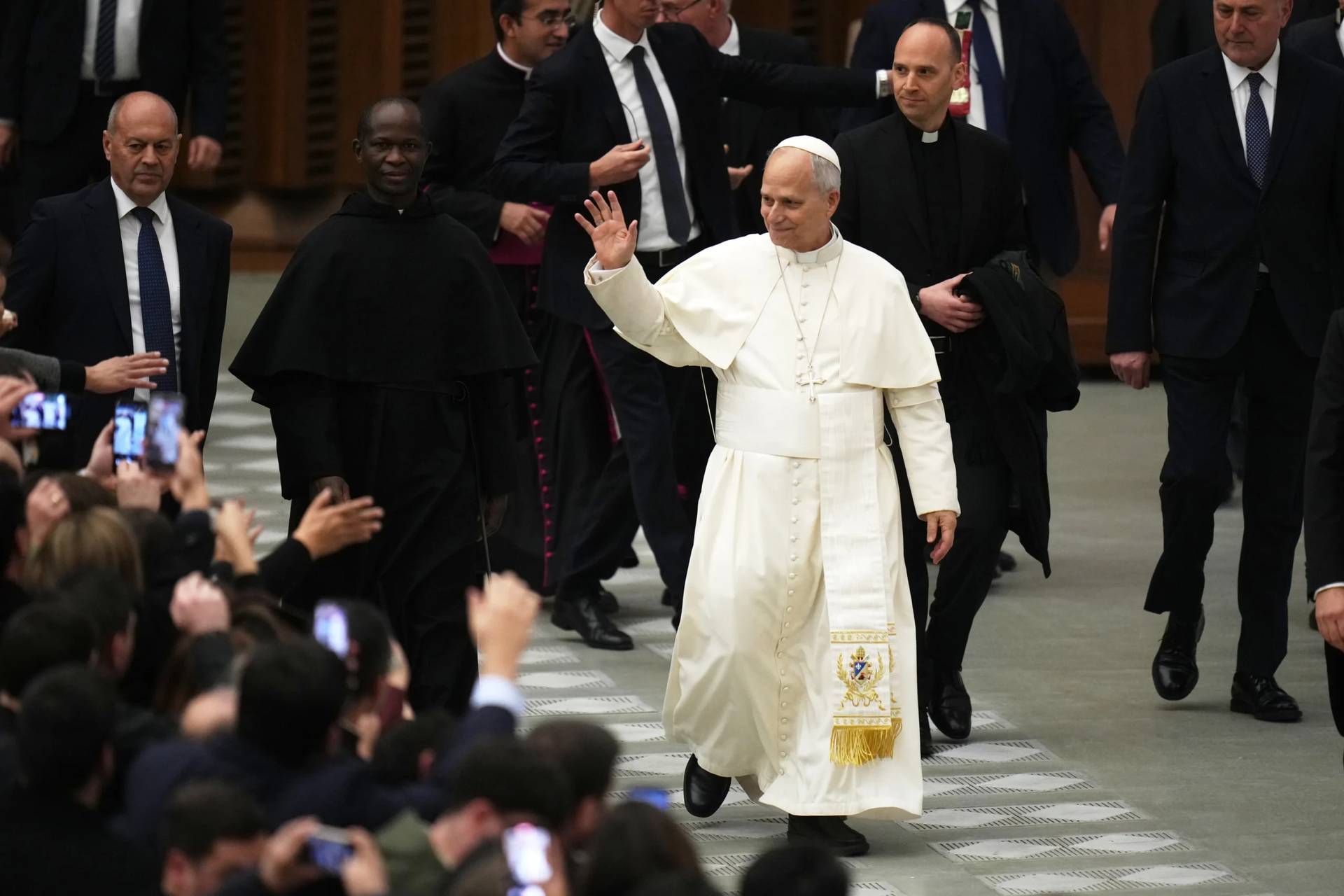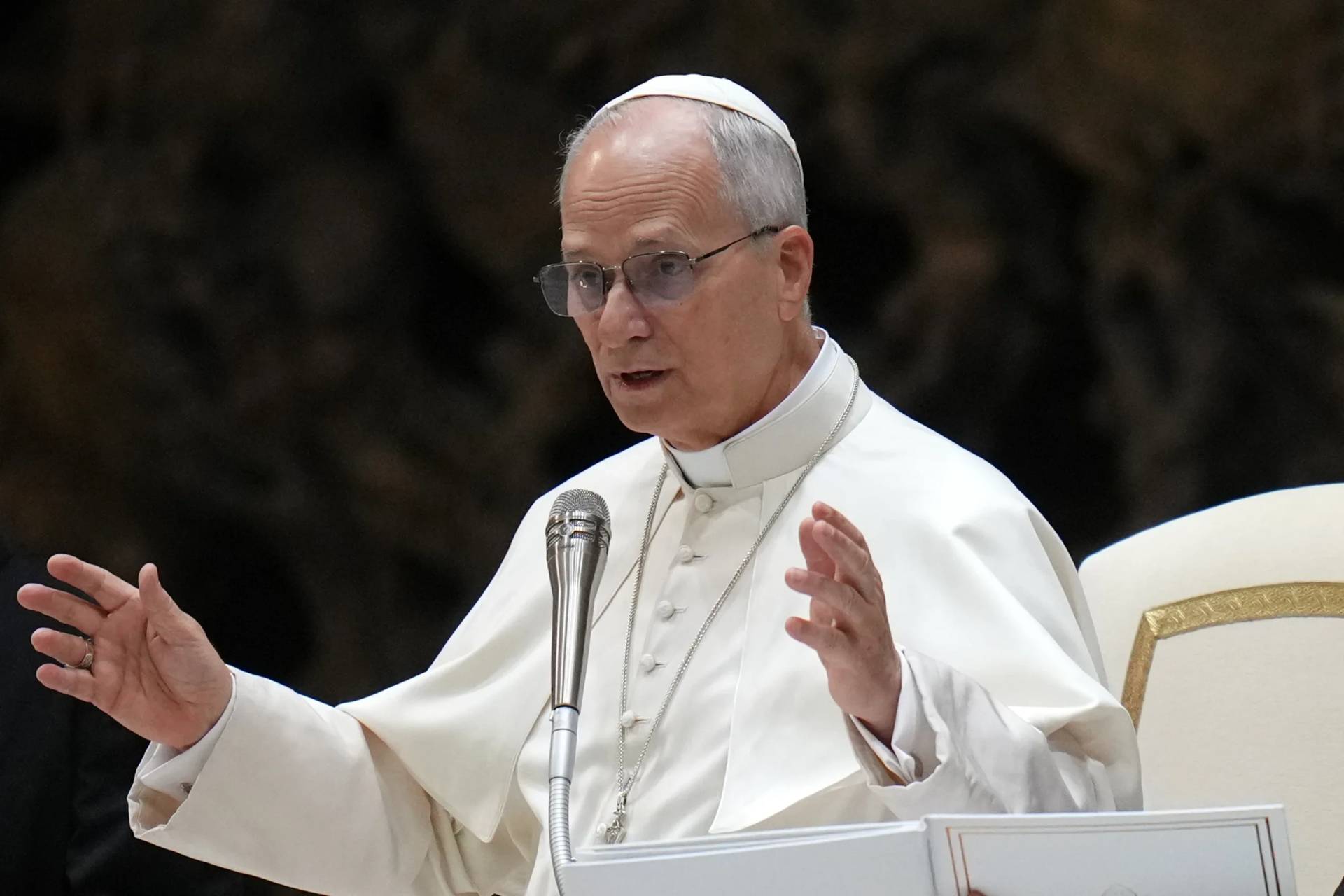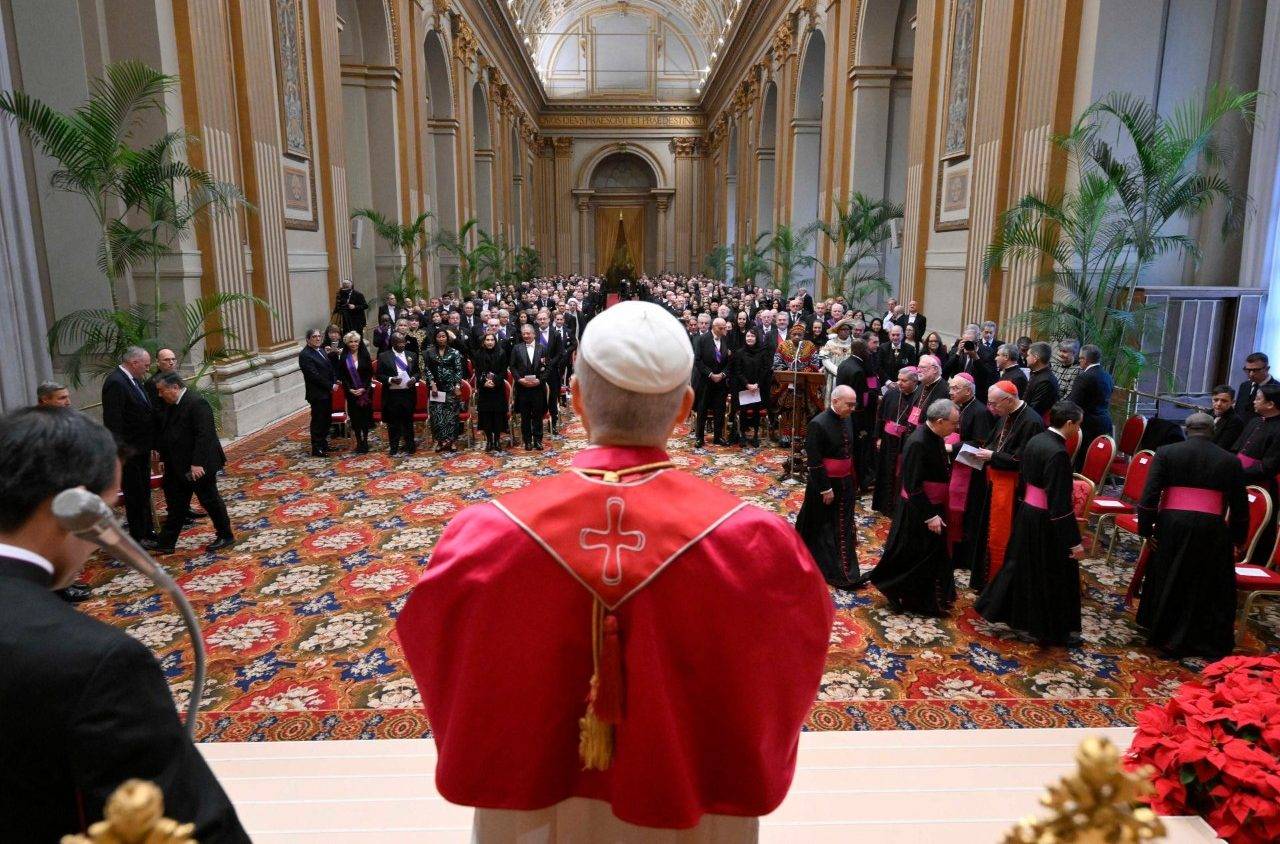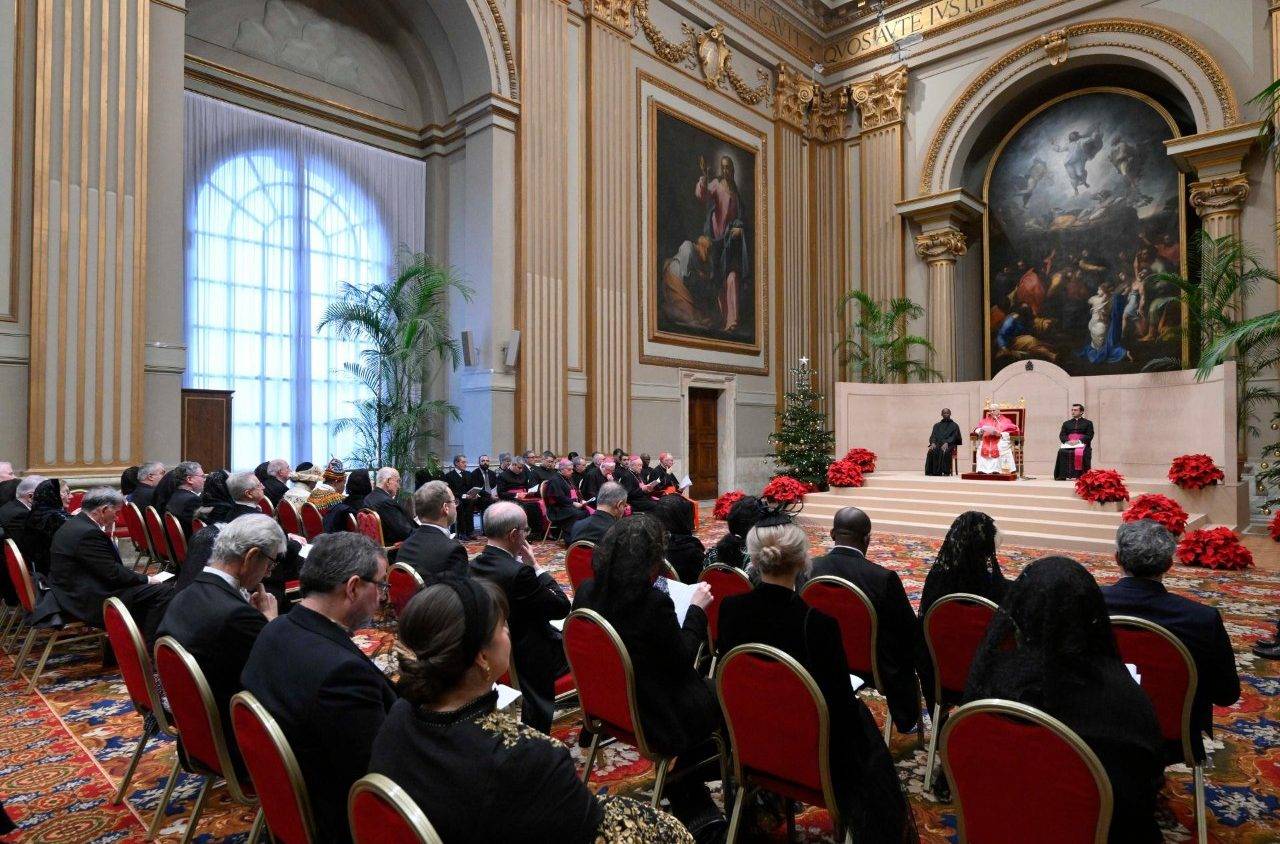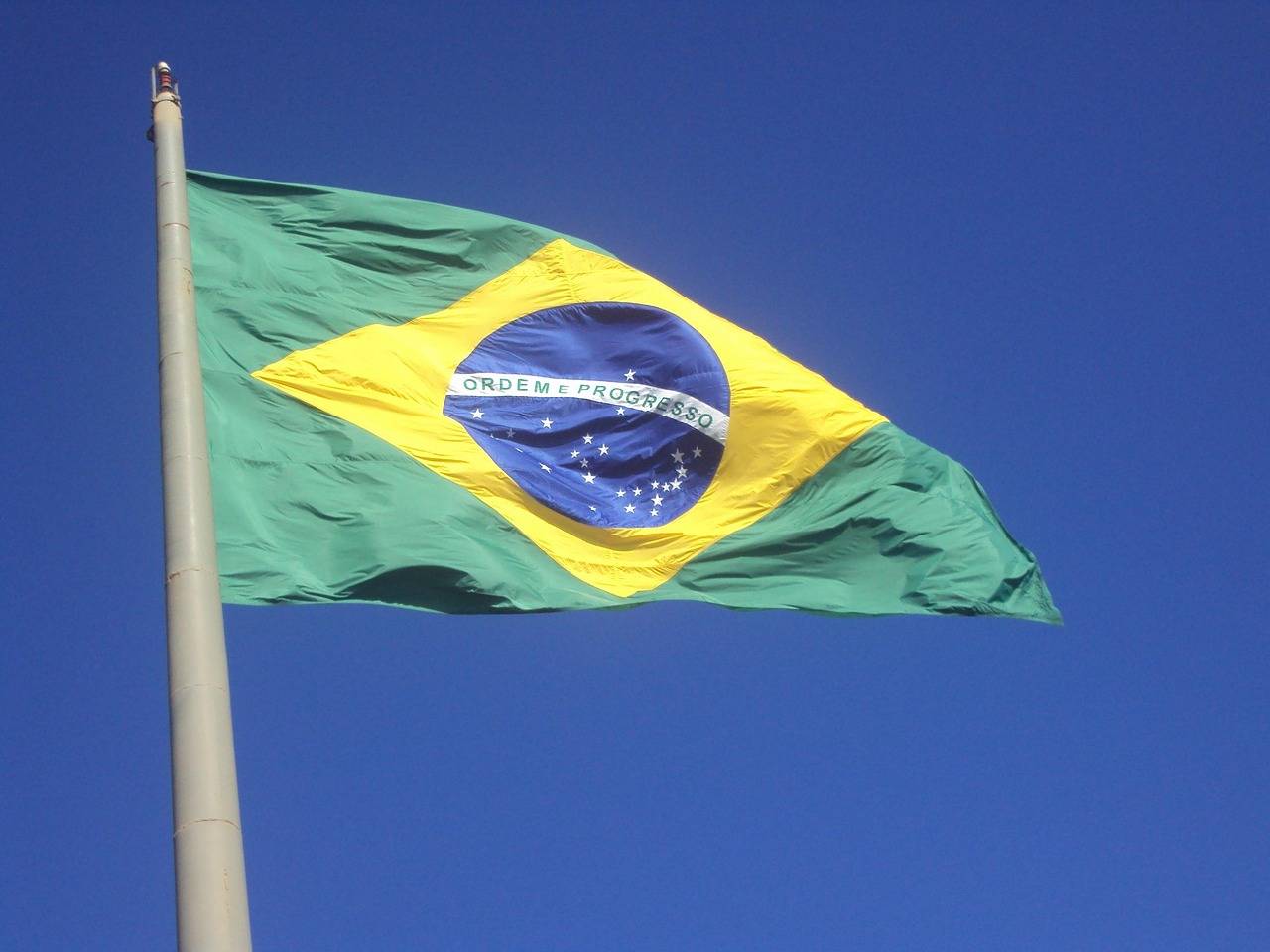FREETOWN, Sierra Leone — Burials continued Thursday for the hundreds of victims of deadly mudslides in Sierra Leone’s capital as the threat of more rain and further landslides loomed, hurting recovery efforts.
Pope Francis said Wednesday in a telegram that he’s “deeply saddened” by the devastation.
In the message, Francis also expressed his “prayerful solidarity” to the many rescue workers who have been involved in offering aid and support to the victims of the natural disaster.
Queen Elizabeth II also expressed her sadness over the disaster that has killed more than 300 people. Some 600 are thought to remain missing as anguished family members and rescue workers continue to dig through tons of mud and debris, at times with their bare hands.
Sierra Leone is in the Commonwealth of Nations, the organization of mostly ex-British possessions which the queen is the head.
The monarch, in a message to President Ernest Bai Koroma, said she and Prince Philip were “deeply saddened.” The U.N. reported that a mass burial has been held for 150 bodies.
The mudslides and flooding struck early Monday following torrential rains, with many victims trapped in their homes in impoverished, low-lying areas of Freetown and surrounding settlements.
A third of the dead were children. Thousands of people have lost their homes.
At the city’s overwhelmed Connaught Hospital morgue, many bodies have been too mangled and decomposed to be identified. Koroma’s office has said all unidentified corpses will be given a “dignified burial” in the coming days.
Some people said they lost almost all of their family members.
“Mother, father, sisters, brothers, cousins all gone. My life has been shattered. … Please help me God,” Hawa Stevens sobbed as she waited in in the pouring rain Wednesday outside the mortuary to try to identify the corpses of her loved ones. She said she lost 28 relatives.
Some in the long line wore face masks to try to ward off the smell of death. Many clutched photos of their loved ones, hoping to give them a proper burial.
The government has said contingency plans were being put in place to try to stem the outbreak of diseases such as cholera.
Sierra Leone has pleaded for international assistance as it reels from yet another disaster just a couple of years after the Ebola outbreak that left thousands in the region dead.
With rain forecast for at least the coming week, the threat of further mudslides around Freetown remained. Many poor areas are near sea level and have poor drainage systems, which makes flooding worse during the rainy season.
Laura Purvis, an emergency response officer with the Catholic aid agency CAFOD told Vatican Radio that “with the flooding potentially contaminating water sources, potentially that water is going to be dangerous for people. There are concerns about the spread of water borne diseases such as cholera…which will again exacerbate the situation.”
Freetown also is plagued by unregulated construction of large residential houses in hilltop areas. Deforestation for firewood and charcoal is another leading contributor to flooding and mudslides.
Amnesty International said the mudslides’ aftermath shows “the human cost of the government’s failure to implement housing and land policies.” Its statement Thursday said the government should have learned from similar incidents in the past.
“Due to a lack of regulation and insufficient consideration for minimum standards and environmental laws, millions of Sierra Leoneans are living in dangerously vulnerable homes,” said Makmid Kamara, the group’s deputy director of global issues.
The U.N. children’s agency has said that “children have been left homeless, vulnerable and terrified.”
Associated Press writer Carley Petesch in Dakar, Senegal, and Crux staff also contributed to this report.










